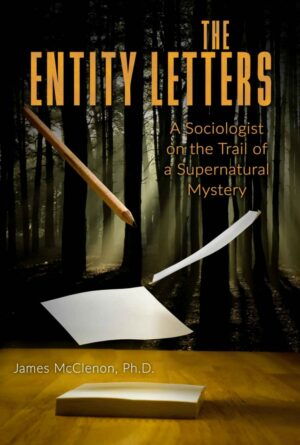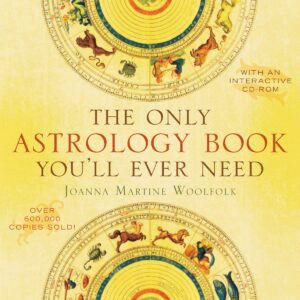Skip to content
Magick Matters
"This is the second volume in a collection of short stories by Hanns Heinz Ewers and translated by Joe E. Bandel and includes: “The White Maiden”,”Eleven Thousand Virgins and the Four Holy Three KIngs”,”The Water Corpse”,”Carnival in Cadiz”,”How Eleven Chinese Devoured Their Bride”,”From the Journal of an Orange Tree”,”Of Geese, Spirits, Leeches and the Cat Organ”,”Fairyland”,”Alraune and her Chauffeur”,”The Last Will and Testament of Stanislawa d’Asp”,”Mamaloi”,”The Worst Betrayal”,”The Lost Monkey”, plus a short introduction by Joe E. Bandel."...>>
"Short Stories and essays by Hanns Heinz Ewers and now translated by Joe E Bandel. Stories include: The Spider, The Crucified Clown, Delphi, The Curve, My Burial, Anthropoovaropartus, The Death of Baron Jesus Maria von Friedel, The Button Collection, Bible Billy, The Blue Indians,My Mother the Witch, Sibylla Madruzzo,Intoxication and Art and Edgar Allan Poe."...>>
"This is the classic guide to astrological history, legend, and practice! Readers will enjoy simple, computer-accurate planetary tables that allow anyone born between 1900 and 2100 to pinpoint quickly their sun and moon signs, discover their ascendants, and map out the exact positions of the planets at the time of their birth. In addition to revealing the planets' influence on romance, health, and career, The Only Astrology Book You'll Ever Need takes a closer look at the inner life of each sign. Celebrated astrologer Joanna Martine Woolfolk offers abundant insights on the personal relationships and emotional needs that motivate an individual, on how others perceive astrological types, and on dealing with the negative aspects...>>





